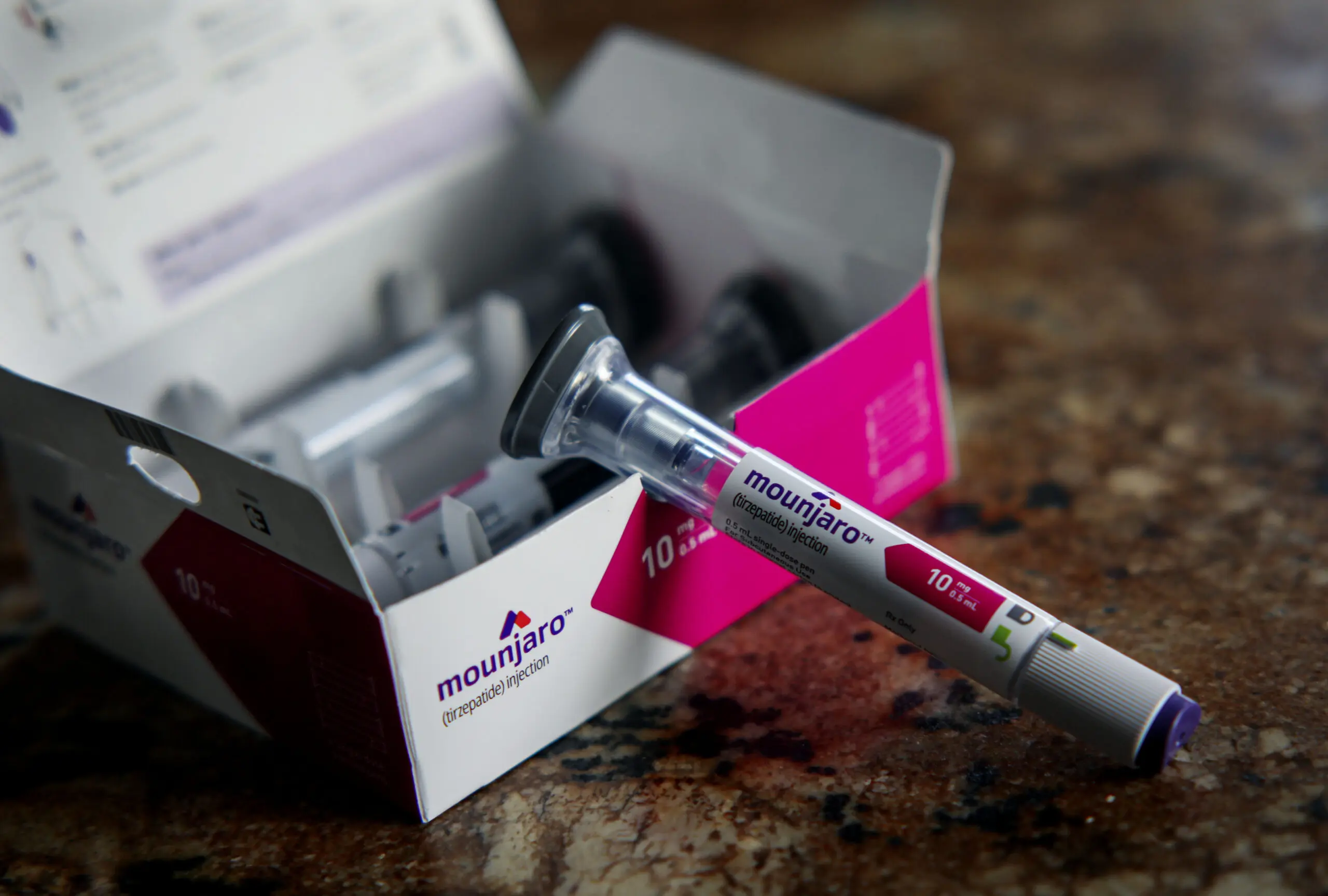Some more discussion on this article over on !medicine@mander.xyz
See here: https://lemmy.ca/post/30650429
A few points brought up in the comments
- The shortage isn’t necessarily over, and an obvious downside is drug prices / abuse from the manufacturer
- This mostly affects larger pharmacies that can do compounding (ex. CVS, Walmart) since smaller independent pharmacies usually don’t have the means to do it. However, the specifics will vary depending on where you are.
- A more reasonable concern is that the compounded drugs don’t go through the same quality control. So while they should act the same and be safe, it’s possible that some pharmacy company (see above) is cutting corners for profit.
My thoughts:
- the US has a drug price problem
- it’s possible to get safe and quality controlled pharmaceuticals without restricting it to one company, especially if that company can’t handle the demand
community promo
If you’re a medical professional on the Fediverse, some communities you might be interested in:
- !medicine@mander.xyz
- !medical_professionals@midwest.social
- Other healthcare communities here: https://lemmy.ca/post/6611650
It’s weird that they call them knock-offs, they’re the same drug, just made by a different company with a different name.
This is bad because it will increase prices for these drugs.
Yeah, they aren’t “knock-offs” or “imitations.” That is some bad reporting.
They are absolutely 100% imitations copied from an original. Just because the imitation is good or even perfect, doesn’t make it any less an imitation or knockoff.
Edit2:
There are also knockoffs of Louis Vuitton products that are hard to identify even by experts. Louis Vuitton products are often not that expensive to make, so a knockoff can easily be cheaper, and have similar quality.
But disregarding how close it comes, even if it’s identical it’s still a knockoff, and it will always be considered “cheap” because it’s not an original product.I find it strange that the perception is that these medicine copies are not knockoffs because they are well made??? Because in medicine that’s very common, is widely sold as cheaper alternatives, and generally has the exact same effect as the original. And it’s perfectly legitimate once the patents expire.
It is chemically indistinguishable. This is usually not the case for imitations or knockoffs in other market sectors. So it should be highlighted to prevent a misleading narrative.
This is usually not the case for imitations
So what? That doesn’t make them not imitations or copies, and it’s called an exact copy and is not unusual, and it’s still a copy. No matter how accurate good and efficient, doesn’t change that it’s a copy of an original heavily researched product.
These new weight loss medicines are Nobel Price material, no doubt it’s not the knock offs that will get the Nobel Price for copying what someone else did.The original comment you replied to said
Yeah, they aren’t “knock-offs” or “imitations.” That is some bad reporting.
They used quotes to point out that those words usually imply an inferior quality, something which doesn’t do what it says that it does, something that is produced without permission, etc.
While the drugs may still be copies, word choice can affect how people perceive the quality / efficacy of them.
A knock off is a copy, a cheap knock off is a cheap copy.
There is nothing inherent in knockoff that says it doesn’t work. That would be a fake.
In medicine it’s quite common that cheaper copies or knockoffs are identical to the original product, and those are very common to become available when patents have expired.There is nothing inherent in knockoff that says it doesn’t work. That would be a fake.
While I can find definitions that call it “an inferior copy” (link), that’s not the point. Common usage has made it so that people will assume things about the quality or efficacy of the medication when certain words are used. Even if a word is technically correct, perceptions about the word can make it a bad choice.
Often when patents expire and other options emerge, they are called “generics” or “store brand” versions. Those terms don’t carry the negative associations.
Thats like saying there is imitation water.
Hey, this isn’t real water! This asshole just combined one oxygen and two hydrogen atoms!
“Imitation” very strongly implies that it is not in actuality the thing being imitated. Imitation butter is not butter. Imitation crab is not crab.
These medicines are the same chemical, therefore the same product.
I will however grant that while calling store brand painkillers “imitation ibuprofen” is nonsense, calling them “imitation advil” is okay because advil is a brand. Though in my opinion it should be avoided because it carries an implication of inferiority that is simply not the case.





